It’s very exciting to finally get to the phase where you can introduce solid foods to your babies. However, it raises a lot of worries and fears, particularly about food allergies in kids, such as which foods are most likely to trigger food allergies and how do you prevent them?
What are Food Allergies?
An allergy is an abnormal immune system reaction to substances known as allergens that are harmless to most people. The immune system works to protect us from dangerous germs. A food allergy then occurs when the immune system is stimulated by food.
NHS explains that these food allergies occur when the immune system – the body’s defence against infection – mistakenly treats proteins found in food as a threat. As a result, a variety of chemicals are emitted. These chemicals are responsible for the symptoms of an allergic reaction.
How common are Food Allergies in kids?
Food allergy affects an estimated 8% of children under age five and up to 4% of adults. While there’s no cure, some children outgrow their food allergies as they get older.
Food allergies are frequent among infants and toddlers of age to start solid foods. It is believed that up to 8% of children under the age of three have a food allergy, which is why there is a need to take extra caution while introducing solid foods to infants.
Research tells us that food allergies increased 50 percent between 1997 and 2011. Further research also shows that about 6 million kids have food allergies and that it occurs more often in boys than girls.
What causes Food Allergies in kids?
The immune system perceives a harmless food as a threat in a food allergy and produces histamines and antibodies to combat it. All of this indicates that the digestive system of the infant starting solids cannot handle the food comfortably. One of the major causes of food allergies in kids is a genetic disposition. If you have a family history of food allergies or other allergic disorders such as asthma, hayfever, or eczema, your child is more likely to have them. The strongest correlation is between food allergies and eczema. That means that babies with severe eczema under three months of age are more likely to have a food allergy when they start eating solids.
In general, the sooner your child has eczema and the more severe it is, the more probable they may develop a food allergy.
Below is a breakdown of foods that cause the most allergies among kids.
- Milk: between 1.6 percent and seven percent of babies
- Eggs: about two percent of children under three years
- Peanuts: up to two percent of children
And these are the top 8 allergenic foods for kids:
- Cow’s milk
- Eggs
- Peanuts
- Tree nuts (such as walnuts or almonds)
- Fish
- Shellfish
- Soy
- Wheat
What are the symptoms of Food Allergies in kids?
Symptoms range from a tingling in the mouth and swelling of the tongue and throat to difficulty breathing, hives, vomiting, abdominal cramps, and diarrhea. Some of the symptoms of food allergies include:
- Vomiting
- Diarrhea
- Cramps
- Hives
- Swelling
- Eczema
- Itching or swelling of the lips, tongue, or mouth
- Itching or tightness in the throat
- Difficulty breathing
- Wheezing
- Lowered blood pressure
Treatment of Food Allergies
Studies show that there is no cure for allergies. If your child who has started eating solid food has a food allergy, they must avoid the triggering food, even in trace amounts. Check all food labels for hidden additives, such as peanut oil, and exercise caution when buying meals at restaurants. Some kids grow out of food allergies. However, for other people, the allergy can endure their entire lives.
Fortunately, even though there are no medications to treat food allergies, recent research now shows that there is a way they can be prevented.
How to prevent Food Allergies
Food allergies begin to set in for kids, mainly after being introduced to solid foods. The American Academy of Pediatrics (AAP) suggests starting solid food at six months. However, this could defer depending on the baby. The easiest way to prevent reactions to food allergies in kids is by sticking to the safest and healthiest foods while starting solids. We have a few examples of some of the best first food for infants. Some of them include:
- Baby cereal, such as oatmeal, rice, barley
- Sweet potato
- Banana
- Avocado
- Apples
- Pears
- Green beans
- Butternut squash
The Quook baby food maker is ideal for processing a wide range of solid meals. Designed to replace 3 appliances and make homemade baby food a breeze, our smart baby food processor is the only countertop appliance you need to keep your baby happy and healthy.
For decades, parents were advised to wait until their children were older before introducing possibly allergic foods to them until the age of three. However, the American Academy of Pediatrics (AAP) amended its earlier guidelines in 2008, stating that there were no benefits in delaying the introduction of allergens.
However, according to a recent study, when infants with a high risk of developing allergies, peanut allergies were fed peanuts early and consistently between the ages of 4-6 months, their risk of having peanut allergies later was decreased by around 80 percent.
In the same vein, current food allergy guidelines tell us that introducing peanuts in the first year can reduce the risk of the infant developing peanut allergies later. They tell us that the best way to introduce peanuts when a baby reaches the age to start solid foods is by mixing and blending with a food processor such as the Quook Baby Food Processor.
The Quook 5 in 1 baby food processor comes with a multitude of functions; it can steam, blend, chop, warm, defrost, auto-clean, and auto sterilize. It allows you to make the best homemade meals for your kids from scratch so that while introducing solid foods to infants, you can consider what meals to include and what not to, in cases where kids may be allergic to some meals.
Designed to perform a multitude of tasks with the touch of a button. Featuring intuitive digital touch panel controls and a wide array of functionality, the Quook™ baby food processor is the only countertop appliance you need to help keep your baby happy and healthy. In addition, using the QUOOK baby processor means that you have more control over the ingredients, and you can decide the best quantity to include for infant starting solids.
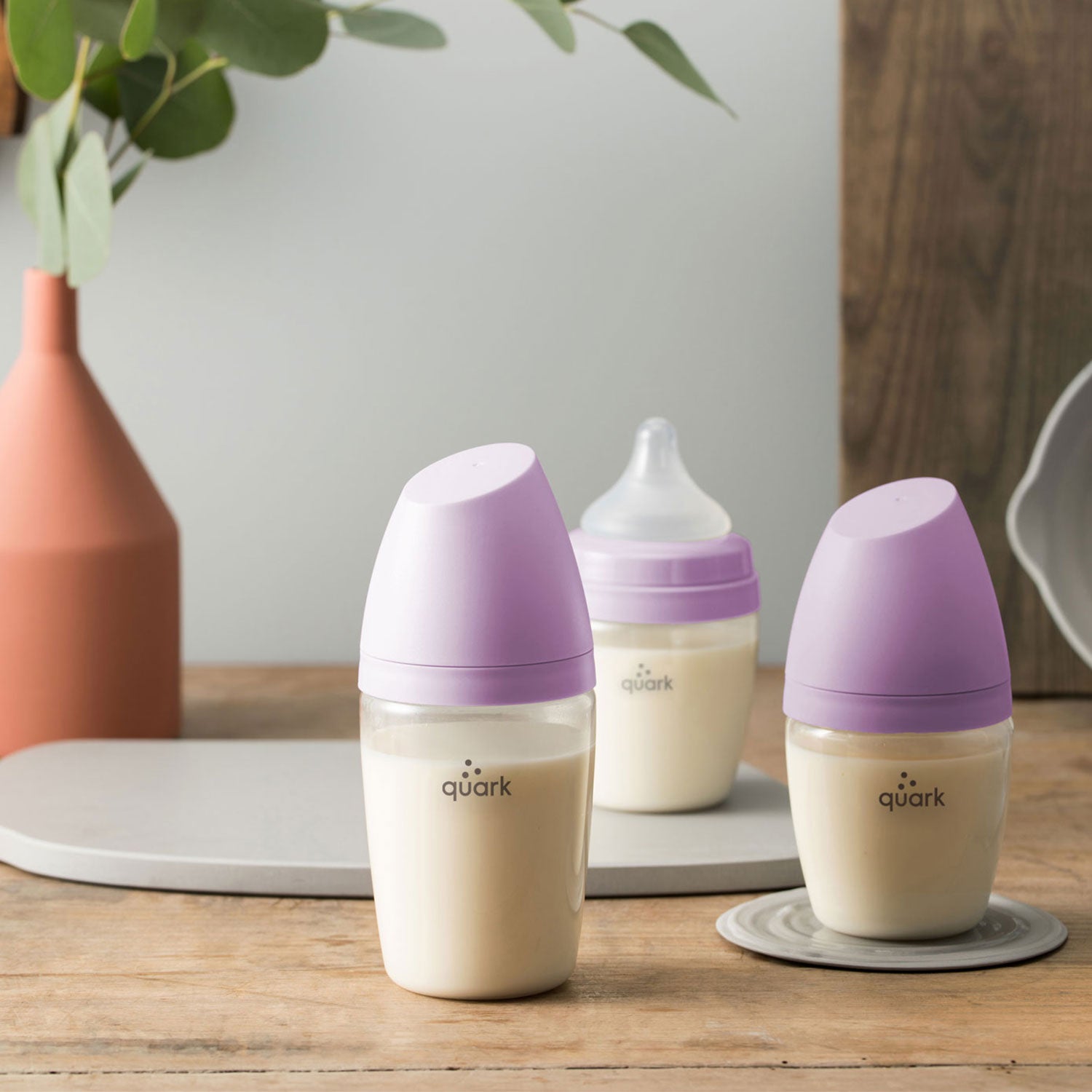
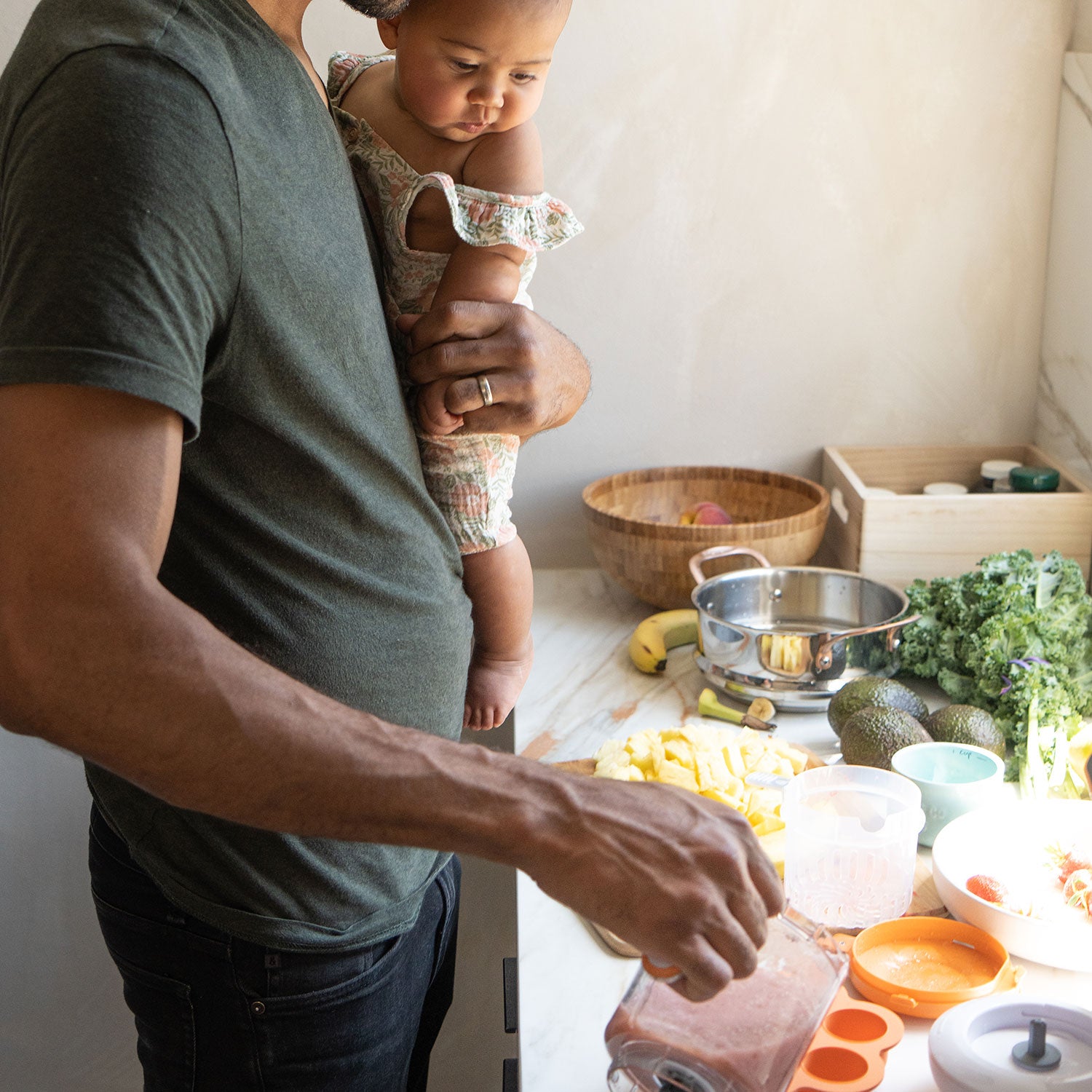

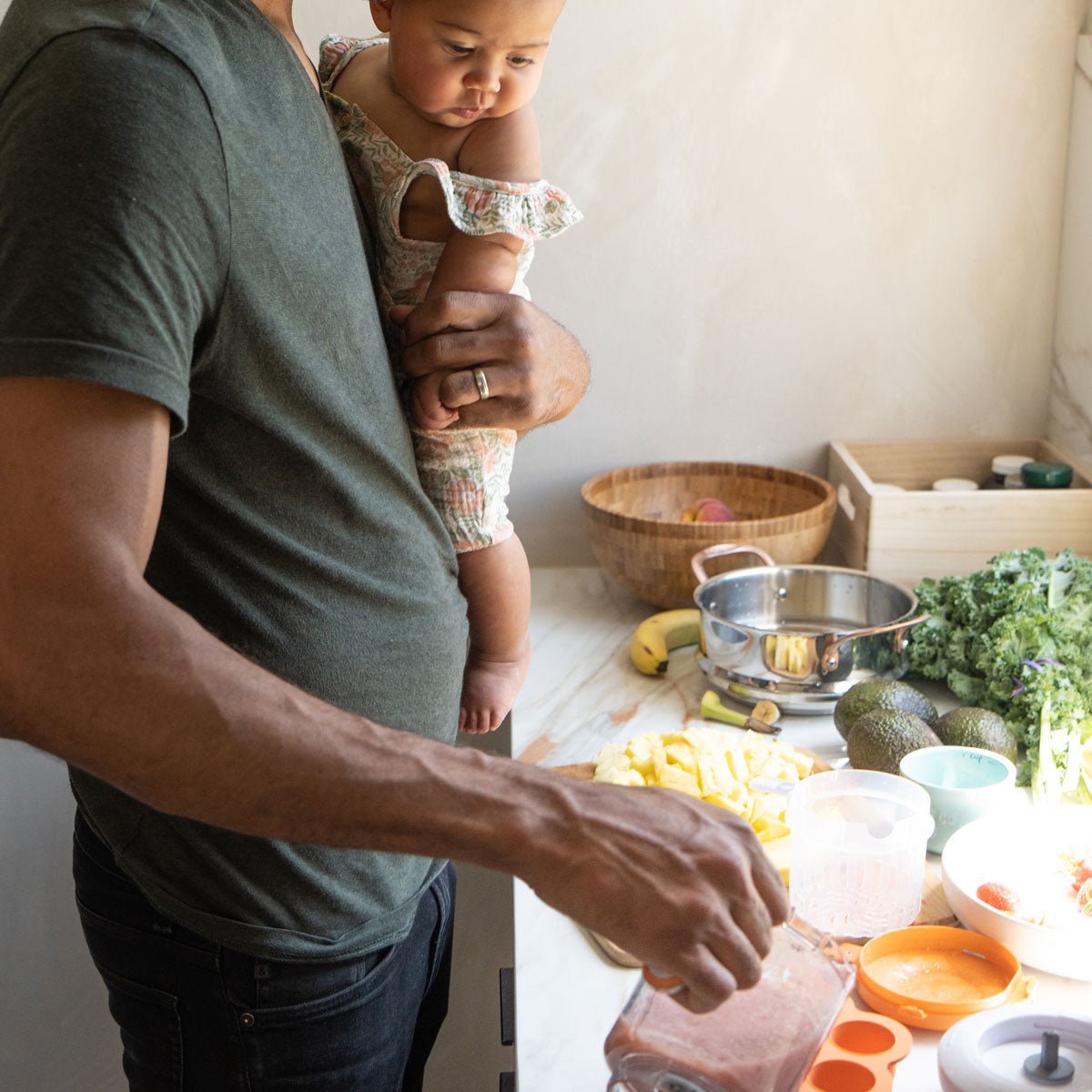

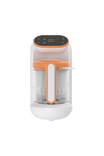
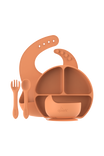
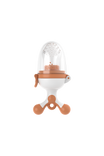
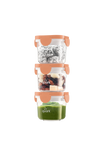
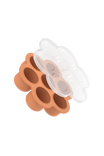
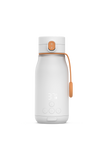
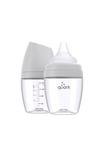
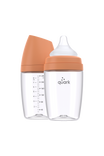
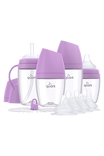
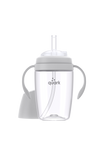
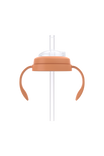
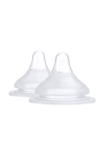
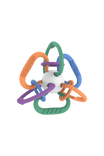
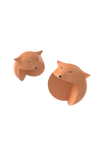
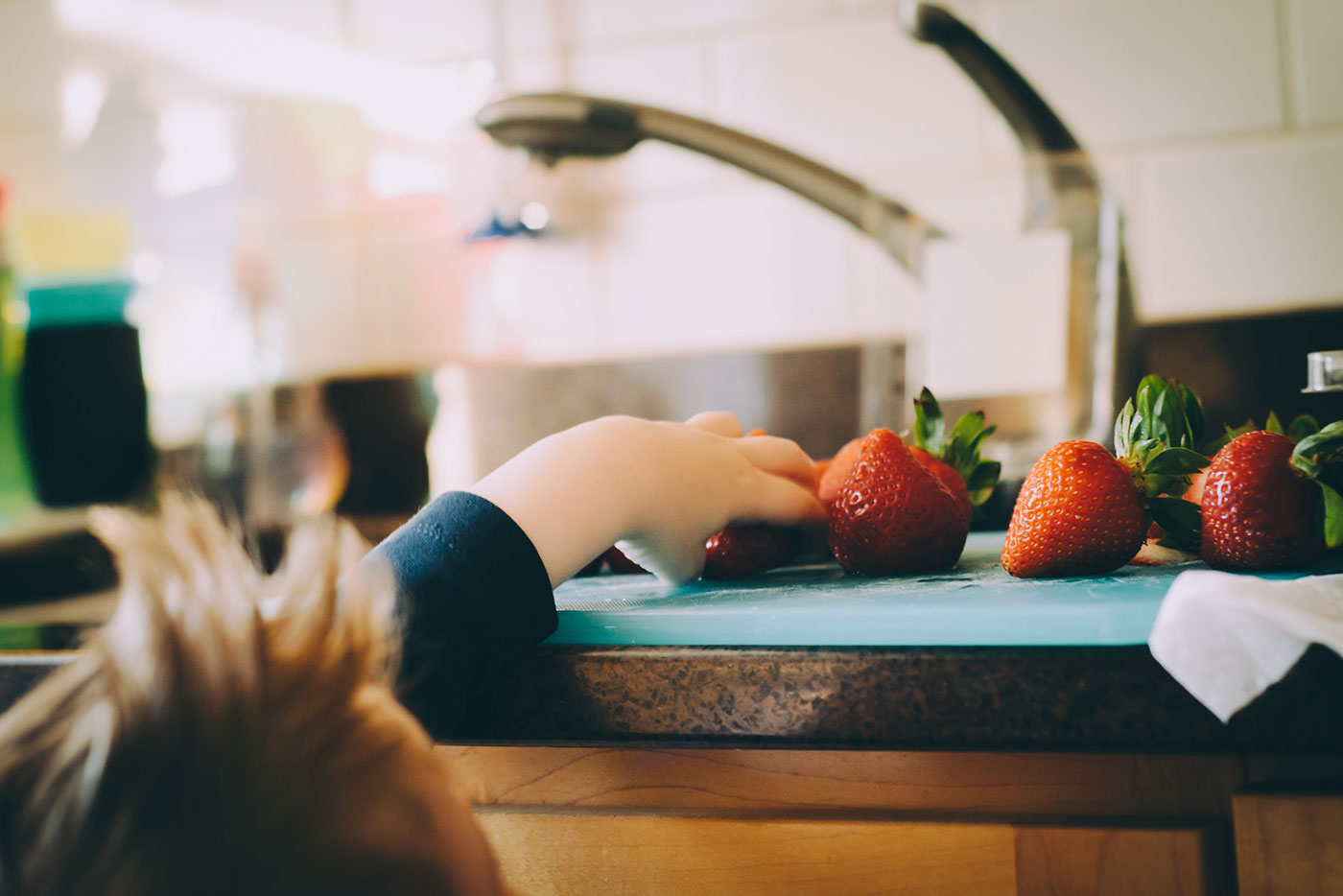
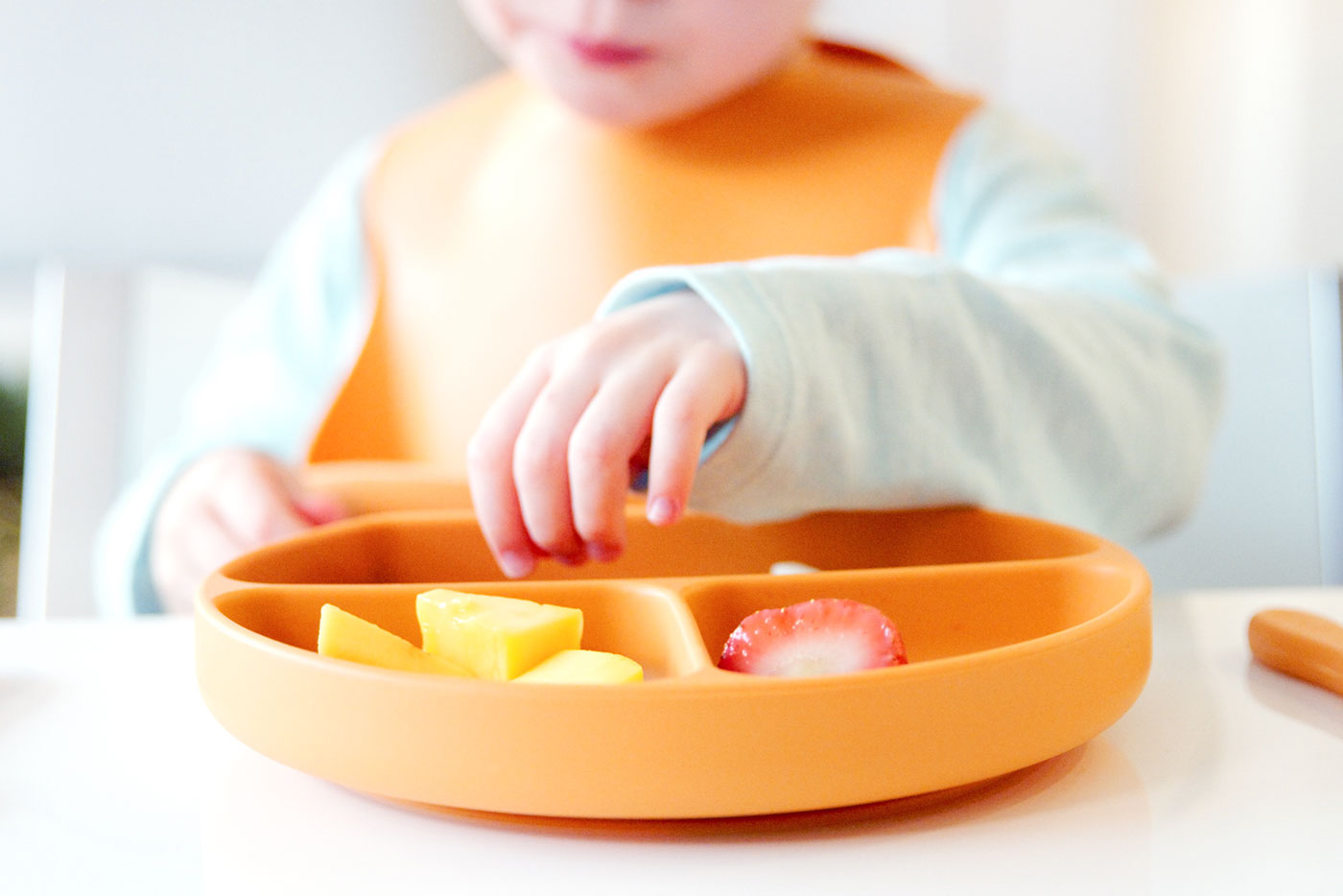

Leave a comment
All comments are moderated before being published.
This site is protected by hCaptcha and the hCaptcha Privacy Policy and Terms of Service apply.